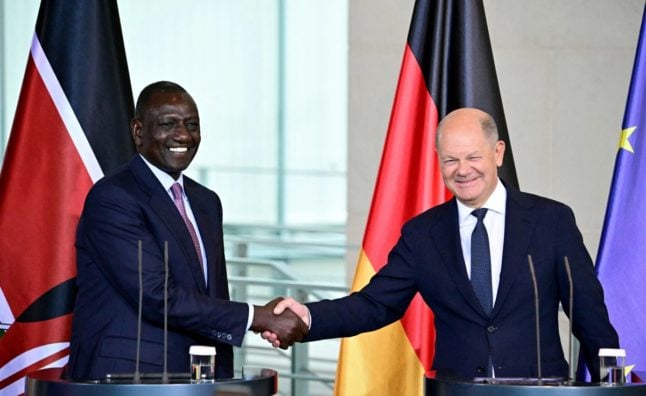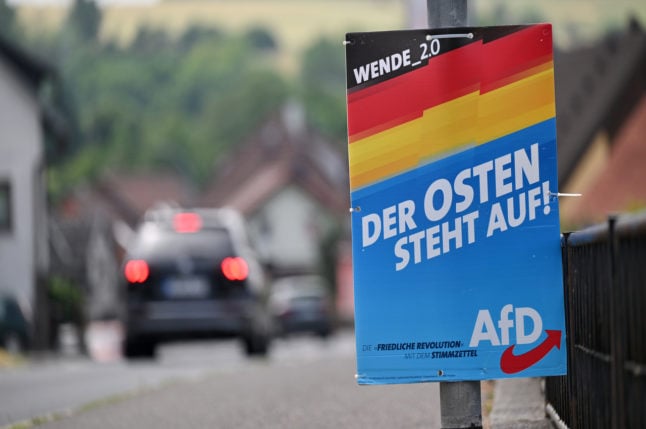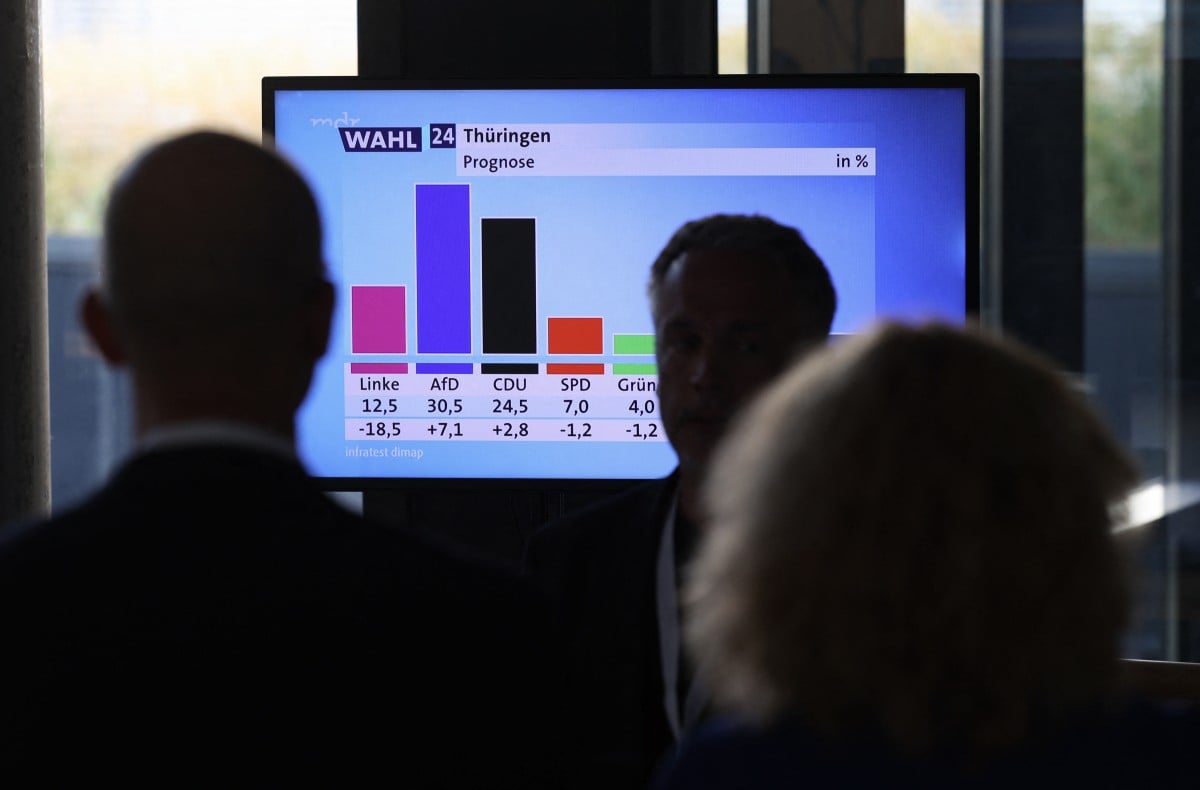The deal will help Germany as it struggles with an ageing and shrinking pool of workers, said Chancellor Olaf Scholz as he welcomed President William Ruto in Berlin.
The agreement will also streamline the repatriation of illegal immigrants, although there are relatively few Kenyan asylum seekers in Germany, which hosts far larger numbers of migrants from Syria and Afghanistan as well as Ukrainian war refugees.
Irregular immigration has been a flashpoint political issue in Germany where popular fears have been fuelled by a recent spate of Islamist attacks and driven the rise of the far-right AfD party.
“The basis of our prosperity is being open to the world,” said Scholz, who added that the deal with Kenya would help counter the “glaring shortage of skilled workers” in Germany.
He said Kenya boasts “an incredible number of highly qualified IT specialists” and said many of its skilled workers and young people could soon come to Germany for work and vocational training.
Ruto hailed the comprehensive migration and labour mobility partnership agreement, which he said would harness the “human capital in Kenya, where we have a big youth bulge”.
“We can combine the innovation, creativity, energy, talent, knowledge of our young people with German investment, technology and resources and provide for a win-win outcome.”
Scholz said the agreement also provides for “effective return procedures for those who have come to us from Kenya but do not have or cannot acquire a right of residence here”.
Ruto said “this framework gives us an opportunity to avoid illegal migrants. Because illegal migrants pose a problem both to us and to Germany.”
Germany has since 2022 struck similar migration agreements with India and Georgia and plans to sign another when Scholz visits Uzbekistan next week.
Berlin has also been in various stages of talks on similar arrangements with Colombia, Ghana, Kyrgyzstan, Moldova, Morocco and the Philippines.




 Please whitelist us to continue reading.
Please whitelist us to continue reading.
Member comments